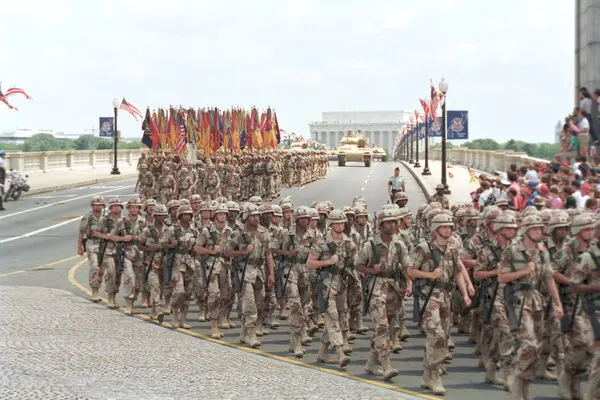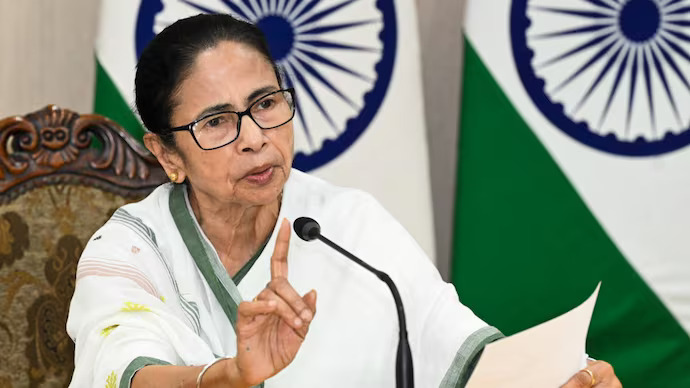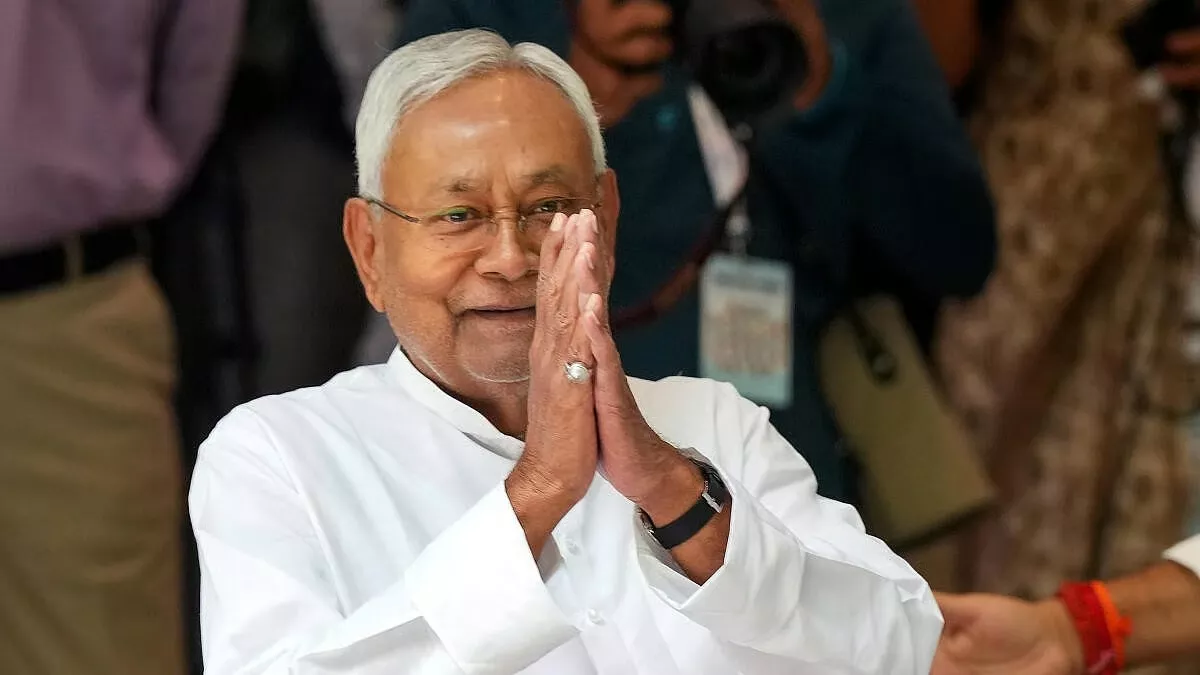The Biden administration clarifies participation rules ahead of the traditional event
The White House has officially announced that no foreign military leaders will be invited to participate in the upcoming June 14 military parade in Washington, D.C. The clarification comes amid growing speculation over possible international military representation at the annual event. As geopolitical tensions simmer globally, the move is seen as a strategic decision to keep the spotlight on American forces and national unity.
Why the June 14 Parade Matters for the U.S.
The June 14 parade, traditionally held in honor of Flag Day and to celebrate the U.S. Armed Forces, holds symbolic value for the nation. In recent years, the event has also become a platform for diplomatic signaling.
In a statement released by the White House Press Secretary, it was confirmed that no invitations have been extended to foreign military officials or dignitaries for this year’s celebration. The administration emphasized that the decision is not linked to any diplomatic rift, but rather rooted in the aim of keeping the parade focused on American troops and veterans.
“This is an internal celebration honoring our servicemen and women. We have not issued invitations to foreign military leaders,” a White House official said

Geopolitical Timing: Why the Decision Holds Weight
The absence of international military figures is being closely observed in light of ongoing global conflicts, particularly the U.S. positions on the Ukraine war, China–Taiwan tensions, and Middle East diplomacy. Analysts suggest that inviting foreign leaders could have been perceived as aligning the U.S. with specific blocs — something the Biden administration aims to avoid during a delicate election year.
By excluding foreign military leaders, the U.S. sends a neutral, inward-facing message — one that reinforces national unity and supports veterans without stoking diplomatic sensitivities.
“This move reflects a return to traditionalism and reinforces American military pride, free from foreign influence,” said Dr. Katherine Powell, a political analyst at Georgetown University.

A Look at Past Invitations and Shifting Protocol
In prior administrations, especially during ceremonial occasions or state visits, select foreign leaders or allies have occasionally been invited to attend military functions. However, this year marks a clear shift back to domestic-centric observances.
This move also distances the event from the high-profile, international showcases seen in countries like France (Bastille Day) or Russia (Victory Day), where foreign participation is often a form of diplomatic spectacle.
The current decision is aligned with the administration’s broader “America First in Defense Celebrations” approach, aiming to spotlight the contributions of U.S. servicemen and women without external political noise.
Conclusion
The White House’s choice to exclude foreign military leaders from the June 14 parade is a measured, symbolic gesture that aligns with both domestic priorities and international caution. In a time of global unpredictability, the U.S. appears to be reinforcing its internal values — celebrating its troops, honoring its flag, and staying diplomatically balanced.
As the parade approaches, all eyes will remain on how the administration continues to navigate the fine balance between honoring traditions and engaging global allies.
Do you think the U.S. should invite foreign leaders to such events? Join the discussion in the comments and explore more about how military parades shape diplomacy!









